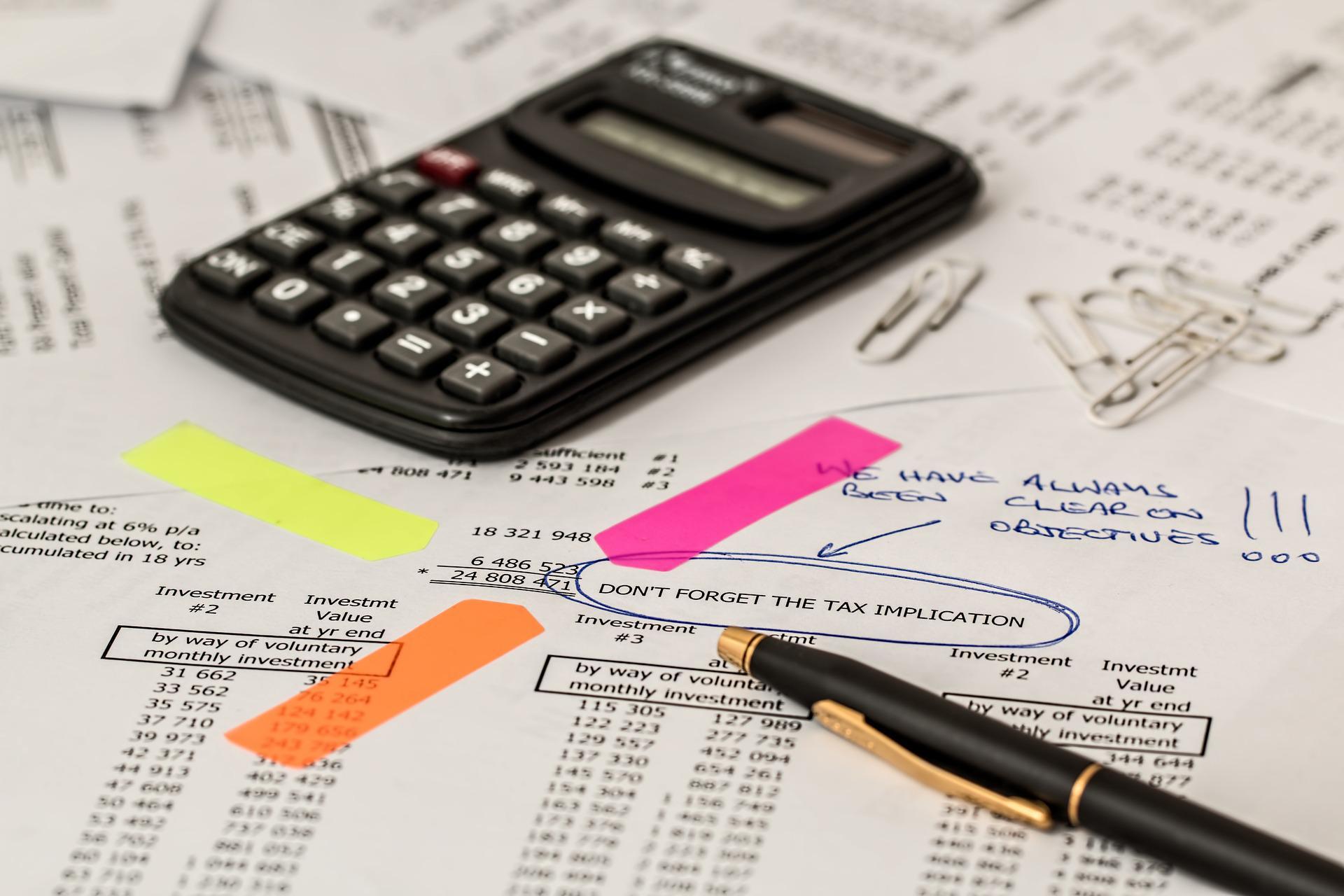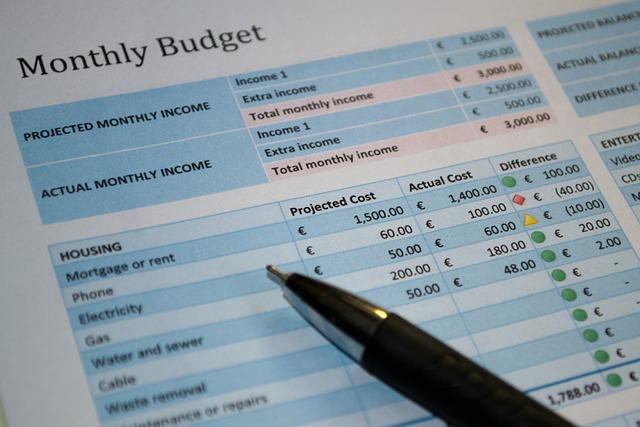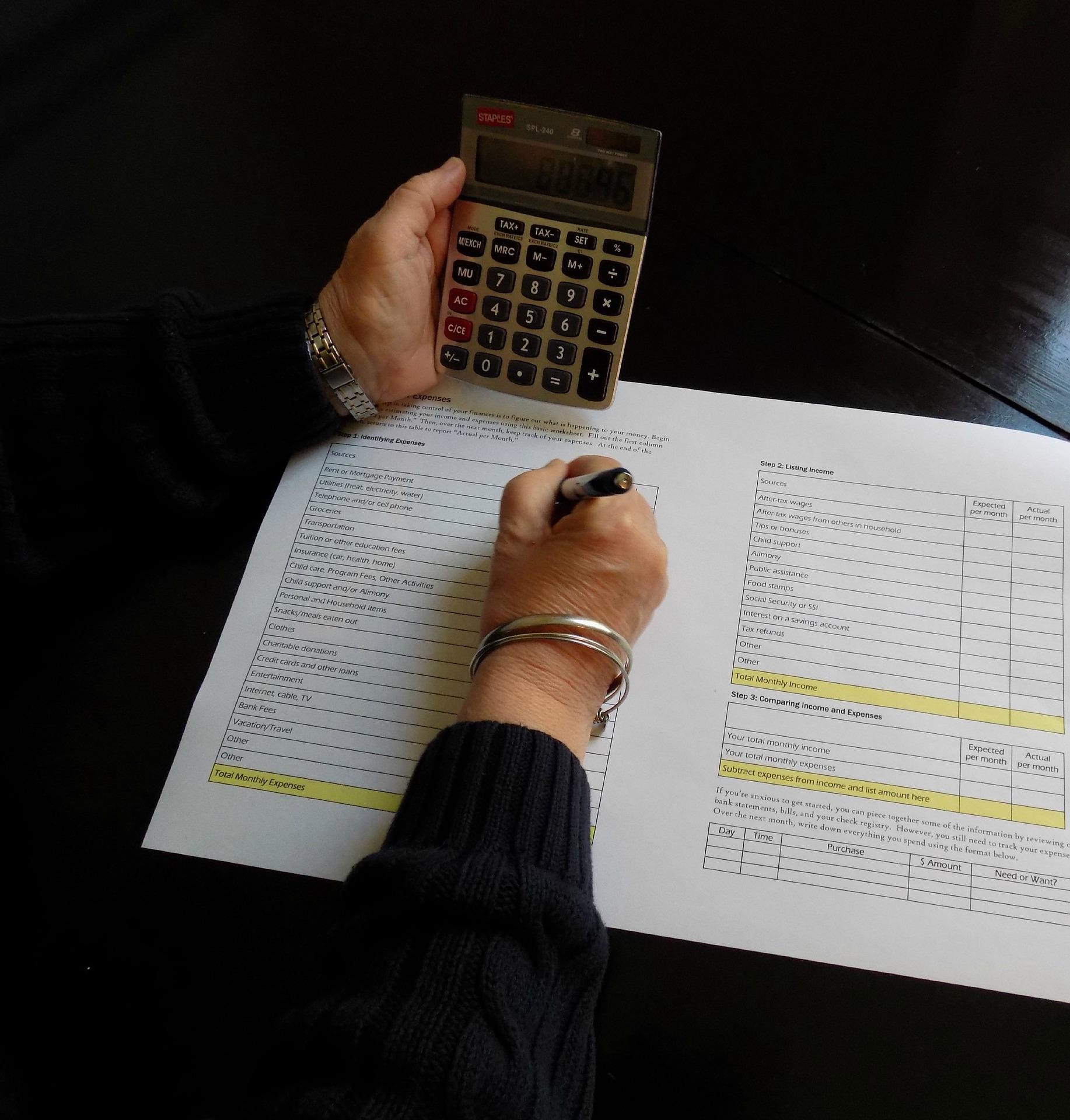Because of the very nature of NCEA Accounting, thinking that you are going to be able to cram the week before your end of year exam is not going to help you pass. You have a lot of terminologies to learn, a few formulas to master, and some basic concepts to understand.
However, if you want to pass your NCEA Accounting papers with flying colours, it’s not all the difficult. Yes, it will require some dedication, but nothing too strenuous. Better yet, the earlier you start, the earlier you’ll be able to find any areas that you are struggling to understand. It’s these blind spots that will cause you the most problems, and these are the areas where you should call in additional help.
The key to understanding Accounting is to make sure that you have a trough grounding in the basic concepts. If you are someone who managed to slide into NCEA Level 2 or 3 and still have difficulty understanding the difference between an asset and a liability, or the formula to calculate basic equity, you will likely need to get a tutor involved. Everything in accounting builds on basic standards, so without having a strong understanding of these ideas everything becomes so much harder.

Focus Areas for NCEA Accounting Study
Each level of NCEA Accounting has a slightly different focus, but with each level building up, you will be taking steps up not having to learn completely new information.
For each level, you will need to ensure that you are studying the appropriate information. While Level 1 and Level 3 may both look at balance sheets, at level 1 NCEA accounting your focus is more on small businesses and information required to help with family tax; while at level 3 accounting looking at a balance sheet will be focused on larger corporations with more complicated tax requirements.
Talking with a tutor can help make sure that you focus on the right areas. Sometimes this may mean ensuring that you have a solid understanding of the formulas required to understand New Zealand accounting principles. For example, is there a difference between the formula “assets = liabilities + equity” and “assets - liabilities = equity”?
Working with a New Zealand based tutor, and one that understands not only how our accounting and tax systems work, but who understands what assessors are looking for from students is vital. While there isn’t a major difference between New Zealand and International accounting terms and calculations, there are differences in the way that assets, depreciation, inventory, and debts are handled. There are also some differences in the way financial statements are presented.
These subtle differences are one of the prime reasons why you should be working with a New Zealand tutor, however, with our love of travel, it’s not unusual to find the perfect tutor is currently based internationally. Thankfully, accounting is absolutely a subject that works just fine via zoom.
Developing a great study focus that allows you to revise in a way that optimises the time you have available is a huge help for all subjects. Just be careful that you don’t fall into the trap of spending more time making a beautiful study schedule than you do studying. Go through some past accounting exams to understand the areas you need extra help with. Work out the topics and areas you need to focus on. Find interesting and personal ways to connect to these themes.

The Level 1 NCEA Accounting Focus
The NZQA website will walk you through the past exams and assessments for each Accounting achievement standard at Level 1, so this is the best place to start. Work out what you already understand and what areas you need more practice with.
Work through this list of accounting concepts, can you easily explain what they all are to someone in year 9 thinking about taking accounting?
- the purpose of accounting
- who uses accounting
- what accounting does
- specialised areas of accounting
- features of the entities:
- ownership
- owner’s/members’ liabilities
- advantages and disadvantages of the entities
- income statement
- statement of financial position/balance sheet
- cash budget
- statement of accounting policies
- capital and revenue expenditure
- depreciation
- accounting entity
- monetary measurement
- going concern
- period reporting
- accrual basis
These are all terms that anyone taking Level 1 NCEA accounting will be expected to have a decent understanding of, and by ensuring that you really know what they mean you will find it easier to solve accounting problems. Most of the work you will be asked to do at NCEA isn't difficult, but you need to have a strong understanding of the concepts you are learning so that you can apply them correctly.


The Level 2 NCEA Accounting Focus
As with other levels of NCEA Accounting, the NZQA website will walk you through the past exams and assessments for each accounting achievement standard, so this is the best place to start. You can find a clear outline of the things you need to have a solid understanding of before sitting accounting assessments, whether internal or external.
Aim to have developed a level of understanding that allows you to explain the concepts to someone at a lower level. At Level 2 the concepts you need to have mastered include:
Defining the type of information these people will need:
- the owner as the sole investor of capital
- lenders
- suppliers and creditors
- employees
- customers
- government
Explaining these types of financial statements:
- Statement of Accounting Policies
- Income Statement
- Statement of Financial Position (including expense classifications)
- Cash Flow Statement
Concepts used in the preparation of financial statements Entity
- Monetary measurement
- Reporting period
- Historical cost
- Accrual accounting
- Going concern
- Capital versus Revenue Expenditure
- Depreciation methods including straight-line, diminishing value, units of use
Qualitative characteristics may include
- Relevance including materiality
- Faithful representation
- Comparability
- Verifiability
- Timeliness
- Understandability
As you work through past accounting exams highlight the key words you encounter, this will give you a better idea of exactly which of the vocabulary you need to work on and which you are comfortable with. Working through past accounting exams in this way will also help you understand different ways questions are asked and where you will need to have very strong foundational skills in order to answer questions that have been asked in a slightly unusual manner.

The Maths in NCEA Accounting
As you move up through NCEA Levels the knowledge you gain builds on what you have already learned, so it is vital to make sure you have a really good understanding of the foundation topics. While an ability with mathematics might be seen as an asset, most accounting uses software that will complete the basic calculations for you. Of more importance is being able to see patterns, grasp why numbers are placed where they are, and understand the formulas used.
Once you have memorised basic accounting formulas, and understand how they work rather than just learning them by rote, you will find it easier to work out how to complete different financial reports.
As you move from Level 1 to Level 3 the basic accounting standards will be the same, but the complexity increases. So, while at Level 1 NCEA Accounting the focus is on simple balance sheets for a small business or sole traders, when you move up through to Level 3 Accounting you are working with the more complex financial records of larger companies that may include multiple currencies.

Why are you taking accounting?
When you understand why you are taking accounting, it can provide excellent motivation for studying. For some people, they aspire to work in, or run, an international accounting firm, others have an interest in stockbroking and potential personal income. On the other side, some have hopes of helping volunteer organisations or solving crimes through forensic accounting.
There are so many paths that skills and knowledge in accounting can take students. When you have an idea of what you will do with your accounting knowledge, you can find the practical applications that interest you.
Fascinated by stockbroking? Look at the annual accounts for publicly listed companies, read the prospectus’ from a company IPO, use the information you learn to pick which companies you could invest in, and maybe set up a virtual trading account to “play” your picks.
Simply want to be able to put in your tax returns? It may be time to start your own small business to get some practice. Talk to IRD, they are incredibly helpful and have a lot of resources. Or just fill in your end of year tax return working with any interest you have received from a bank account.
Finding practical ways to use the information you are learning in your NCEA Accounting class can be the most effective way to study. Being able to use your classroom lessons in a practical and personal way helps to solidify the information in your brain.
Summarise with AI:















